‘Every parent’s nightmare’: Horrific conversation no mother ever wants to have
Julie Rosenberg knew something was very wrong. But nothing would prepare her for what her daughter Sarah was about to tell her. WARNING: GRAPHIC
EXCLUSIVE
WARNING: GRAPHIC
“It’s a horrific conversation no mother ever wants to have,” says Julie Rosenberg, a lawyer and mother of three from Woollahra in Sydney’s east.
“Sarah, my youngest, had been acting kind of weird for maybe a day or so. I knew there was something wrong.
“She had her hands over her face. She said ‘it was rape, it was rape’.
“It’s every parent’s nightmare. And the first thing, as a mother, was ‘why didn’t I protect her? Why didn’t I see that?’”
Several months earlier, Sarah Rosenberg had met Joshua* on Bumble. The two hit it off and began dating.
“We liked him,” remembers Julie. “He came over to the house, and he was great. That’s what he seemed on the surface.”
Sarah also remembers Joshua as charming, at least initially.
“He told me he loved me within two weeks,” she says.
“He was love-bombing. I know that now.”
Joshua also had a jealous, insecure streak.
“We’d be out and he’d suddenly get in a mood and out of nowhere accuse me of liking his friend, or say I should date one of them instead,” she says.
“We’d end up in these arguments in the bathroom, me trying to reassure him.”
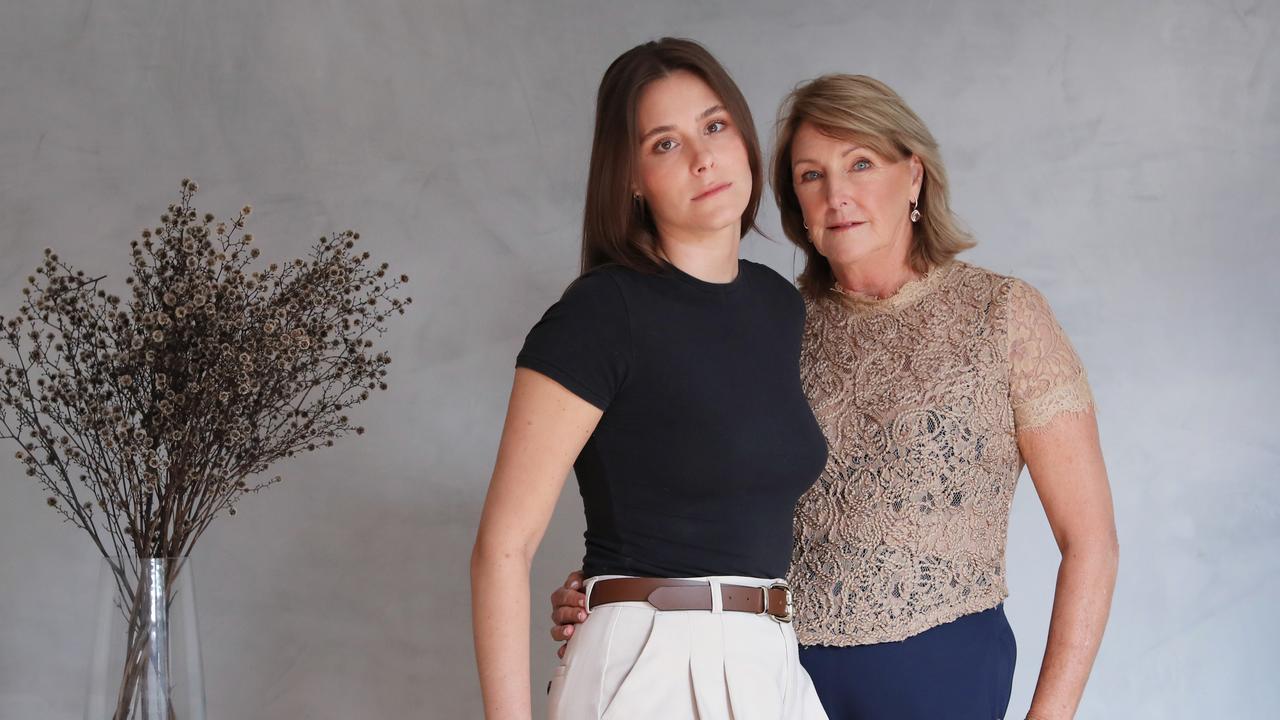
Then, in October 2019, after an evening of him picking fights, Sarah stated she wanted to go to sleep.
“He’d drunk most of a bottle of red wine. I was explaining that ‘I’m feeling really sick and it has nothing to do with you’,” she recalls.
“He turned to me when I finished speaking and he said, ‘good to know you’re disgusted by me’.
“And suddenly I was flipped over onto my back.
“He said ‘I knew you never loved me’. He was having sex with me. I couldn’t get him away.
“I told him to stop, I tried to pull myself away to make eye contact and I started kicking my legs.
“It made it worse. He reached up and put his hands around my throat.
“He was using my throat as leverage. He was saying all these awful things: ‘I knew you were thinking about other people while we were having sex’. ‘I knew you didn’t enjoy having sex with me’. Over and over with the ‘I knew you were thinking about other people’.
“I couldn’t breathe. It was violent. I was terrified.
“Then he reached for the pillow next to my head and he put it over the top of [my face]. He placed both his hands on top of the pillow and then pushed down on either side of my face so the pillow was tight across it … I couldn’t breathe.”
Later in court, Joshua admitted to choking Sarah and holding the pillow over her face. But he denied raping Sarah and claimed he thought she would enjoy being choked and smothered.
“I made a conscious decision not to fight anymore, because it had made it worse. And I just lay limp,” Sarah says.
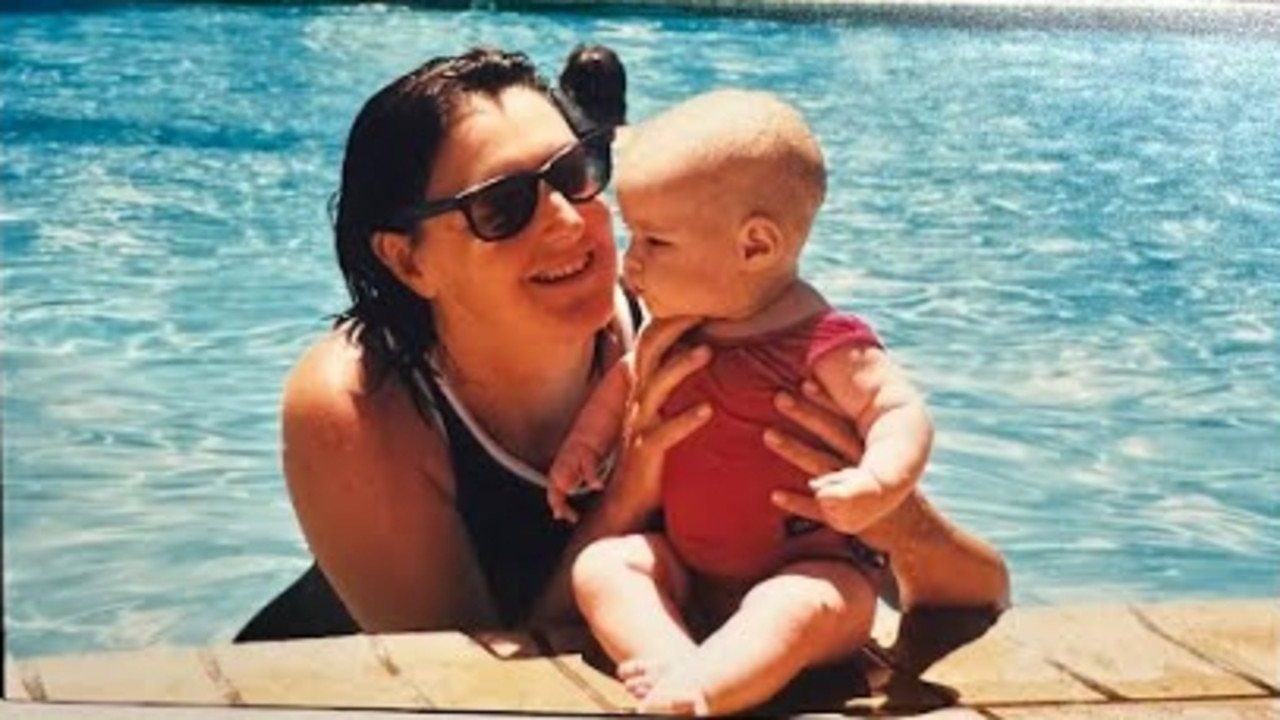
“When he finished he let go of me, and I just crumbled. I pulled my legs around to get ready to kick him if he came back.
“He grabbed a towel from the hook on the door and threw it at me, and said ‘I’m going to take a shower.
“The entire room was spinning. I was numb and in shock, and so fearful that he was going to come back. My face was wet from crying.
“And then something clicked, and I stood up and I grabbed everything of mine in the room that I could see and fled.
“I bolted, and heard footsteps behind me and we reached the door at the same time and he put his hand on the door to stop me.”
Suddenly, Joshua was back to being the soft-spoken man Sarah had fallen in love with.
“He said ‘I don’t know what just happened, something’s wrong with me … I’m a monster, I belong in jail, people that do that belong in jail’.
“I looked at him dead in the eye, and then I turned the door handle and left.”
Alone in her car, Sarah broke down.
Then her phone began to beep.
Phone records sighted by news.com.au show that at 12.49am Joshua texted:
JOSH: I want to know you are okay
JOSH: I’m sorry
JOSH: Let me know you get home safe
JOSH: I’m worried
At 12.56am Sarah responded:
SARAH: Of course I’m not f**king okay
“In the moment I obviously knew how serious this was. And immediately afterwards I knew, or else I wouldn’t have screamed, and fled, and been in such a state of fear. But once I was out of danger, I started downplaying my emotions,” she says.
“I tried to rationalise it, that he must have had some kind of ‘brain snap’ as it was so out of character. He seemed like this really respectful guy who I thought adored me. And he had just done something horrific, unforgettable and unforgivable. It didn’t make sense.”
Like many abusive men, Joshua was already apologising.
Tuesday 9.37pm:
JOSH: I’ve done something terrible to you and you are battling with it
JOSH: I love you and I want to help you through this
JOSH: I don’t know how to help
SARAH: F**k that
SARAH: Where is your accountability
SARAH: I’m aware it was out of character and I hope it is so far from what you actually are but whatever part of you did it, is still you
SARAH: and it needs to be fixed
JOSH: Okay I will get help
JOSH: And talk to someone about it
JOSH: It’s not me
JOSH: But it happened, so it’s something
SARAH: I’m angry on so many levels
JOSH: But you didn’t do anything. It was me.
JOSH: I knew I wanted to marry you the moment I met you
JOSH: But I did something horrible to you
SARAH: You took away my agency
As days rolled on, Sarah’s mental health began to decline. It didn’t take long for Sarah’s mum Julie to realise something was very wrong.
“It wasn’t really a conscious decision to tell mum,” says Sarah.
“I just burst into tears, I had my hands over my face. I said ‘rape, it was rape’ and mum snapped into mum mode and got an appointment with Family Planning.”
A copy of the Family Planning medical record sighted by news.com.au states the ‘Reason for contact’ as ‘sexual assault’.
By then, Sarah had broken up with Joshua.
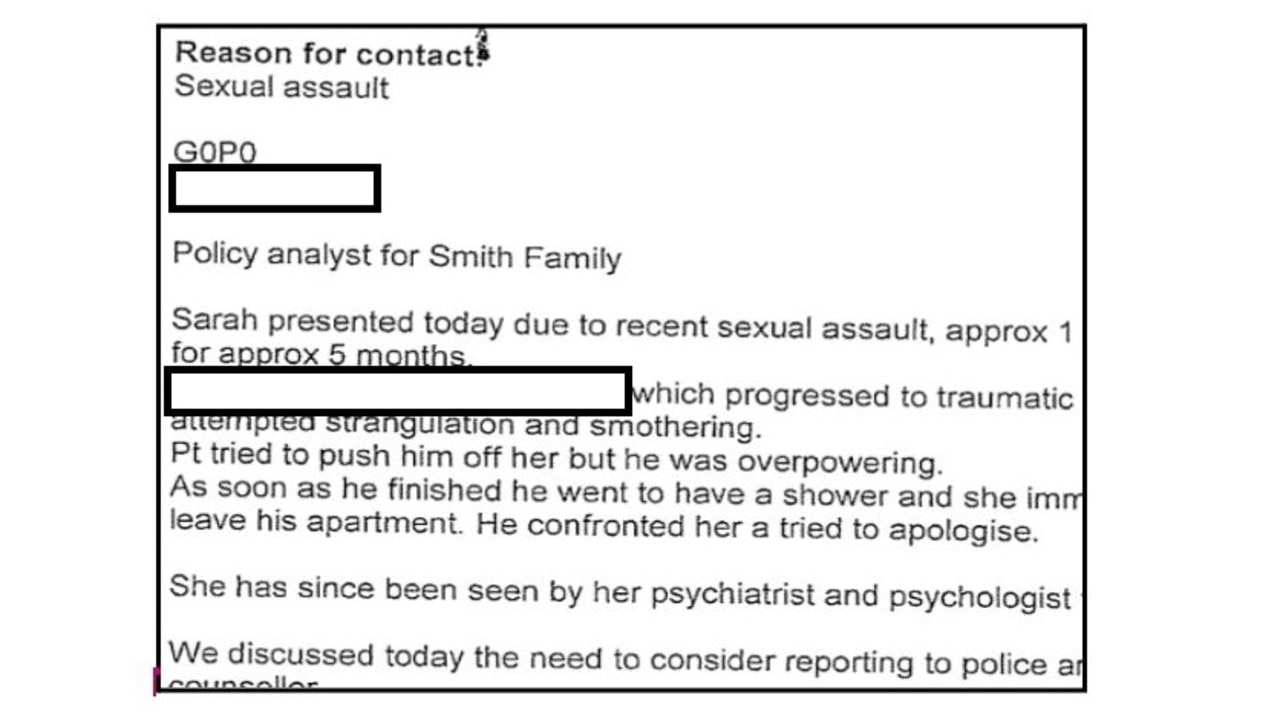
Sarah considered contacting police but initially felt conflicted. Her mum understood her ambivalence.
“I’m a lawyer by training. … I’ve been into lots of prisons,” says Julie.
“I don’t have enormous faith in the prison system as a means of redemption or changing people. And this was a guy that on face value we liked. It was, I think, easier for us to think he had some sort of psychotic episode or brain snap, and could be helped … So that’s why we really set out to get help for him.”
Sarah’s father, a top surgeon, swung into action alongside wife Julie. Using every relevant contact, they enlisted the top psychological help they could find.
“Geoff and I met [Joshua] a number of times in the park near to us,” says Julie.
“And he said he was absolutely committed to change. He was totally regretful, disappointed with himself, didn’t want to be that person, and said he wanted to get help.
“We engaged his parents. And initially his parents were very on board. His mother in particular.”
News.com.au has sighted multiple text messages between Sarah’s parents and Joshua organising him professional psychological help.
A text from Joshua’s mother to Julie reads, “Julie, I can’t thank you enough for what you are doing for [Josh],” signed off with a love heart.
“At this stage I still didn’t know the full extent of how violent it had been,” says Julie.
Had she known, Julie never would have suggested Sarah attend a one-off joint counselling session with Joshua.
Yet in November 2019, that’s exactly what happened.
Before the session, in an email sighted by news.com.au, Sarah flagged for the therapist the purpose was to discuss the rape.
But once there, Joshua denied the attack.
According to the clinical notes written by the psychologist and obtained by news.com.au, Joshua “stated that she ‘liked rough sex’ and that he thought that was what she ‘wanted’….Sarah became very distressed and agitated … she stated ‘you raped me’ … [and] left the room to try to calm herself down”.
“I was shocked,” says Sarah of that final meeting.
“Up until then he’d been admitting it and saying he would get help, telling my parents the things they wanted to hear.”
The denial became a critical turning point.
“I realised I couldn’t live with myself if I didn’t report,” she says.
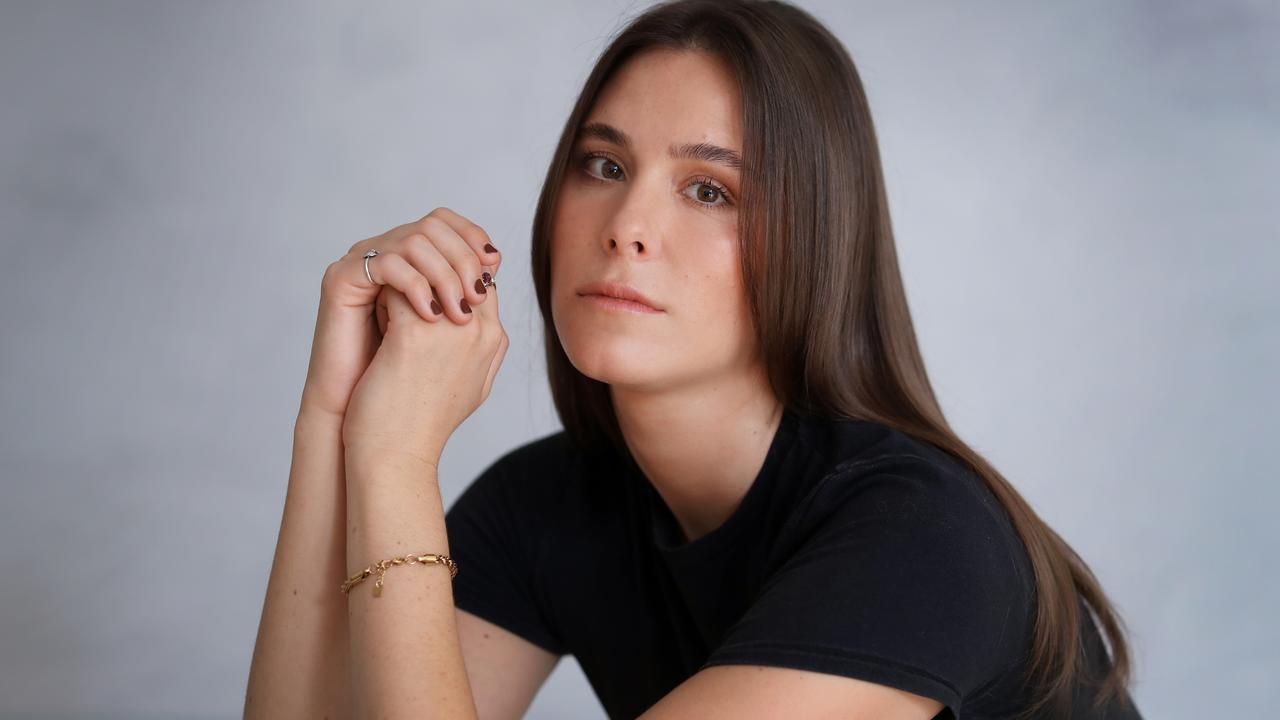
3 police stations, 5 detectives, 0 justice
When Sarah called Paddington police station, Julie sat by her side listening in.
“They thought it was a hoax call at first,” says Julie.
“And they wasted no time telling me that a false allegation was serious business,” remembers Sarah.
The police then directed Sarah to Bondi police station, stating they were better equipped.
“Days later, I was brought into a windowless room with grey walls … I was there for five hours. It was the first time mum had heard the graphic details and I felt so ashamed. But I also felt relieved, because I had reported …. Or so I thought.”
“It was only after we finished the interview that we found out that no, that actually wasn’t a report,” explains Julie.
“They said ‘you will now have to go and report where the crime happened’. So that was in Darlinghurst – our next port of call. We made another appointment and started the process all over again. It was horrific.”
The next detective assigned to the case had never worked on a sexual assault matter before.
“I would be in the middle of telling her the most horrific parts of the crime and she would stop me and ask me how to spell ‘vagina’,” Sarah says.
In total, it took Sarah more than 20 hours of police interviews across three months to get her full statement down, with her parents ferrying her back and forth to each appointment or waiting outside.
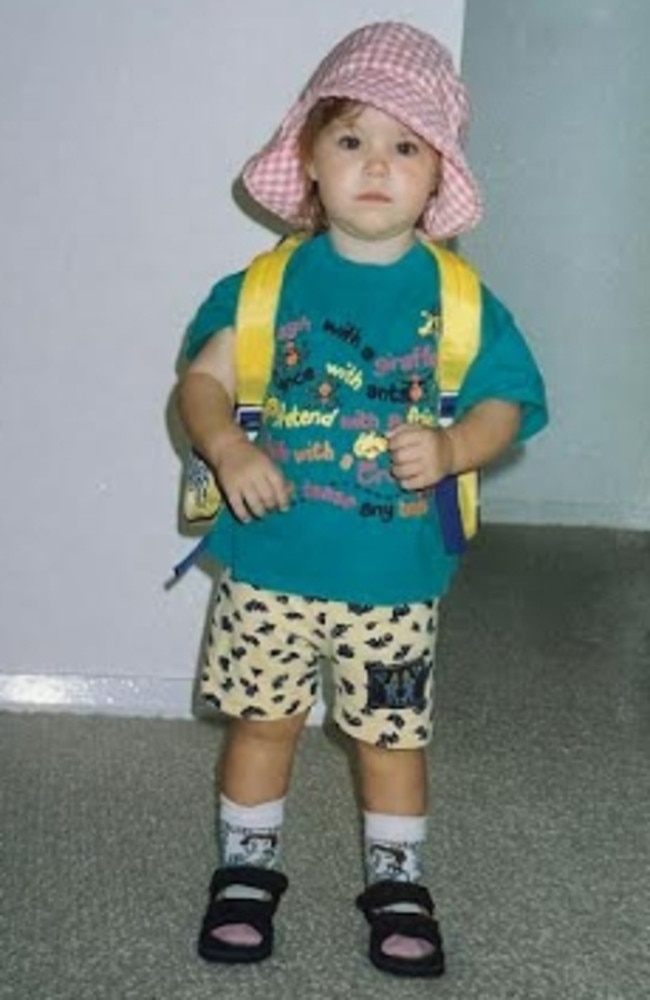
It was only during the very final police session that Sarah was informed she could have had a support person with her the whole time.
Later, at trial, the fact Sarah had spoken to three different police stations would be used against her to suggest she had been “shopping her story around” to anyone who would take it.
But eventually, Joshua was arrested and charged with six counts – including “intentional choking without consent”, “intentional suffocation without consent” and “sexual intercourse without consent”.
The combined charges represented a maximum of 44 years jail, if found guilty.
Joshua offers to plead guilty to strangulation
As the trial date loomed, Sarah’s parents became increasingly worried about Sarah’s mental health.
By then, she had been cycled through three police stations, five detectives, three DPP solicitors, two crown solicitors and three witness assistance (WAS) officers.
“I never even met the second witness assistance officer, she just called to say ‘I am no longer your WAS Officer’. The third one, I met the day before trial. Her role was to show me around the court. She forgot the key. I never saw her again,” says Sarah.
So there was no formal support available for Sarah, following an incident at a party attended by mutual friends where Sarah’s 27-page police statement was read out for laughs by one of Joshua’s relatives.
“This person had just gone about waving my statement around like it was a joke or some kind of trophy,” Sarah says.
A criminal barrister in attendance later made a complaint.
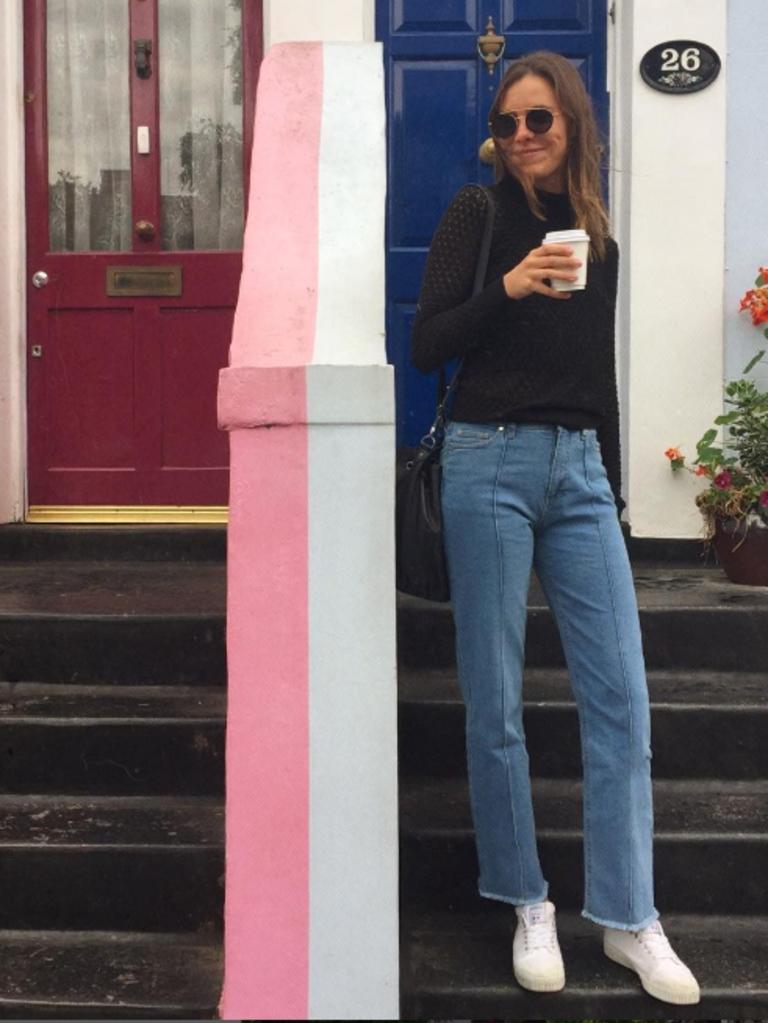
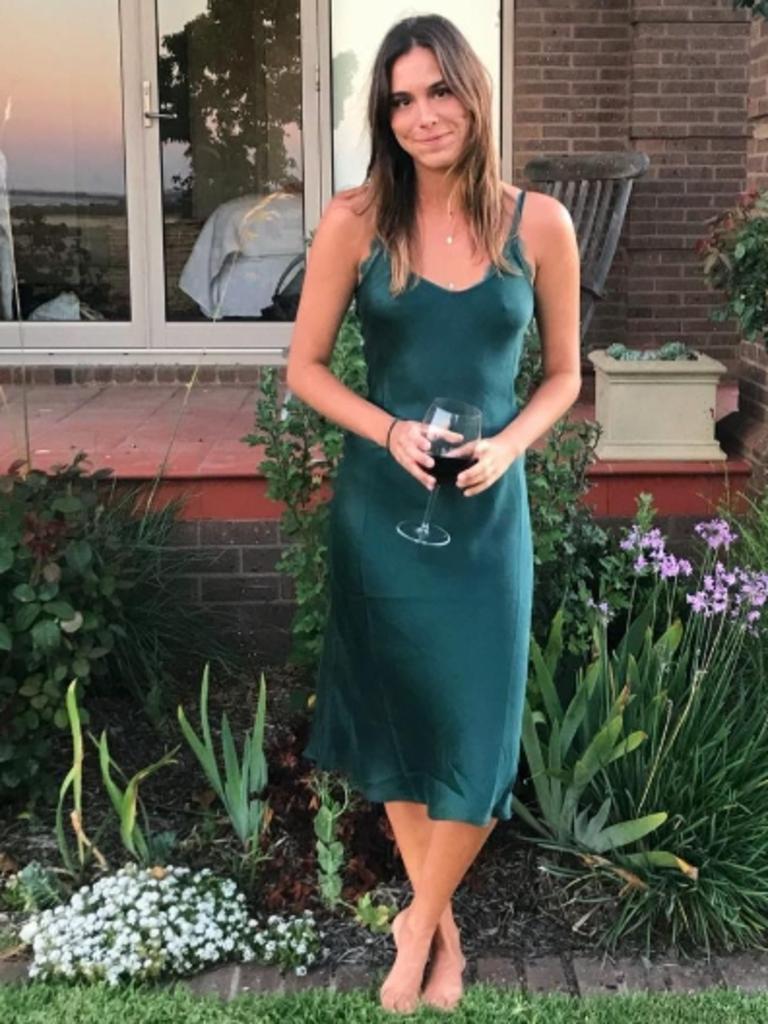
That was not the only privacy violation she suffered.
Through a former doctor, Sarah discovered that her counselling and medical notes had been unlawfully obtained outside of normal process by the defence.
“And the thing about privacy is that once evaded, it can’t really be restored,” she says.
Legally, Sarah could fight for those records to be kept out of the trial, but doing so would cause further delays and Julie didn’t think Sarah’s mental health could take any more.
“I told the prosecution ‘your victim will be dead … she won’t be here’. Like we as a family were holding her together just, we had her on suicide watch … so we told them to concede and just let the records go in,” Julie says.
“It was an absolute nightmare. At that time you’re just like ‘tiger mum’ and you’re doing absolutely everything you possibly can … because by then the outcome had become irrelevant. I was like, if she’s alive, we can at least come up with another way of her healing, because this legal process wasn’t it.”
So when the defence suddenly offered a plea deal, stating Joshua was willing to plead guilty to two counts – ‘intentional choking without consent’ and ‘intentional suffocation without consent’ – Sarah and her family were eager to explore the deal, which would have averted the need for a trial.
Under the plea put forward by Joshua’s lawyers, he could have faced up to seven and a half years jail.
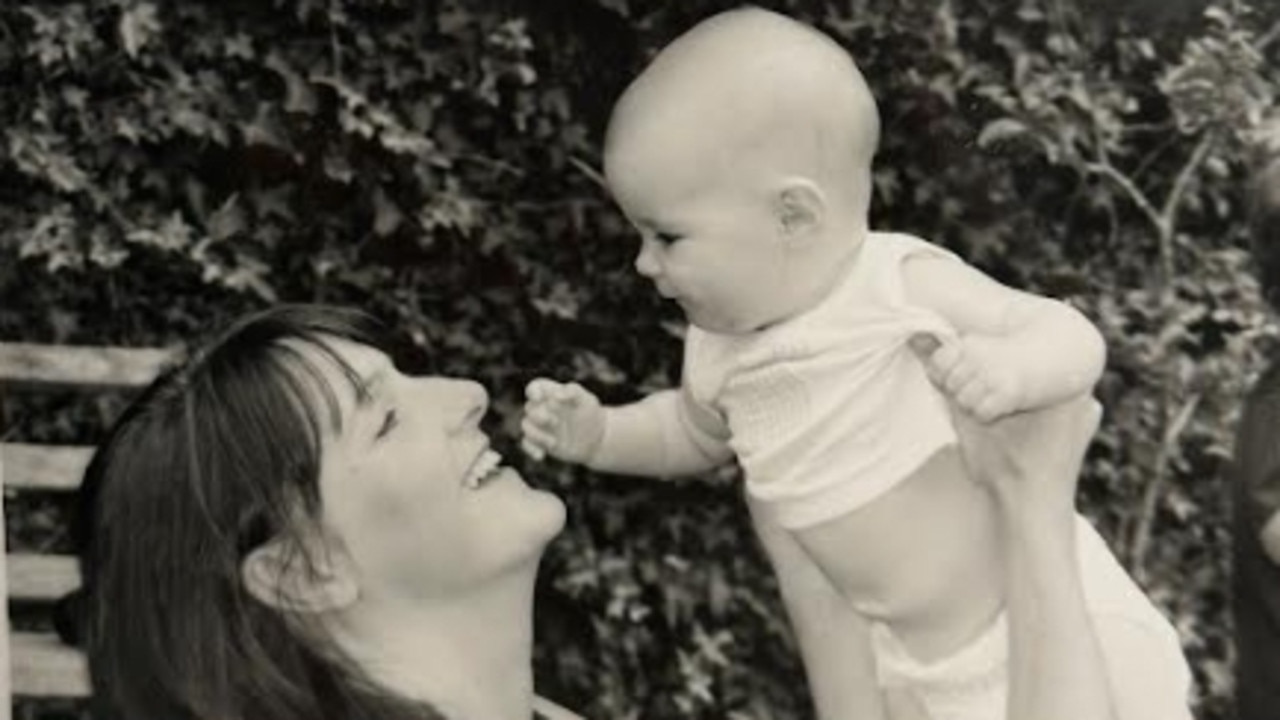
“All I want is Sarah to heal and not be defined by this,” says Julie.
“So I was looking for an exit point anywhere, anywhere at all to avoid a trial … So we asked the DPP, ‘can you draft up a statement? What would it look like? What would Sarah need to say so that we can at least consider it?’ and they refused to.”
The deal was declined.
“It’s not our case, it’s their case,” explains Julie.
“It’s not our plea deal, it’s theirs.”
“We were told the case was ‘gold’ and that they would proceed no matter what, with or without me,” says Sarah.
“It was just like a complete nightmare,” adds Julie.
“We realised this case is going ahead for better or worse. The die is cast, and there’s no way out.”
‘Worst minute of my life’
By the time the trial rolled around in April 2022, Sarah had been waiting over 18 months. By then, Joshua had engaged one of the highest paid QCs in Australia. He’d spent months preparing.
Sarah, by contrast, only met the crown prosecutor the day before trial.
“I had a single 40 minute meeting with him … He was not across any of the details in my statement. It’s like he’d been handed the brief of evidence that morning,” Sarah says.
“During that meeting he made me so uncomfortable. He spoke about how his daughter wouldn’t get herself raped because people would know not to mess with him.”
Even the most basic trial preparation was missed.
“I wasn’t told that I needed to bow when entering and leaving the courtroom … I felt that the judge was very stern with me from the moment I didn’t bow that first time,” she says.
As a lawyer, Julie was in a state of despair.
“It’s not possible to get across anybody’s brief [in that time.] It’s insane. It’s just not possible to actively represent anyone in any matter, in any area of law with that little preparation,” she says.
For months the Crown witnesses had been on standby, told not to leave the country. As a result, one witness had to weigh up whether she had time to visit her dying father in Ireland.
“All the witnesses expected to be briefed but there was nothing, nothing like that,” says Julie.
“He hadn’t spoken to any [other] witnesses. He’d barely spoken to us …. No one had been called. No one had been told when they were coming in, what they were doing.
“You had a feeling like there was no case.”
Disastrously, Sarah had not even been told her correct start day.
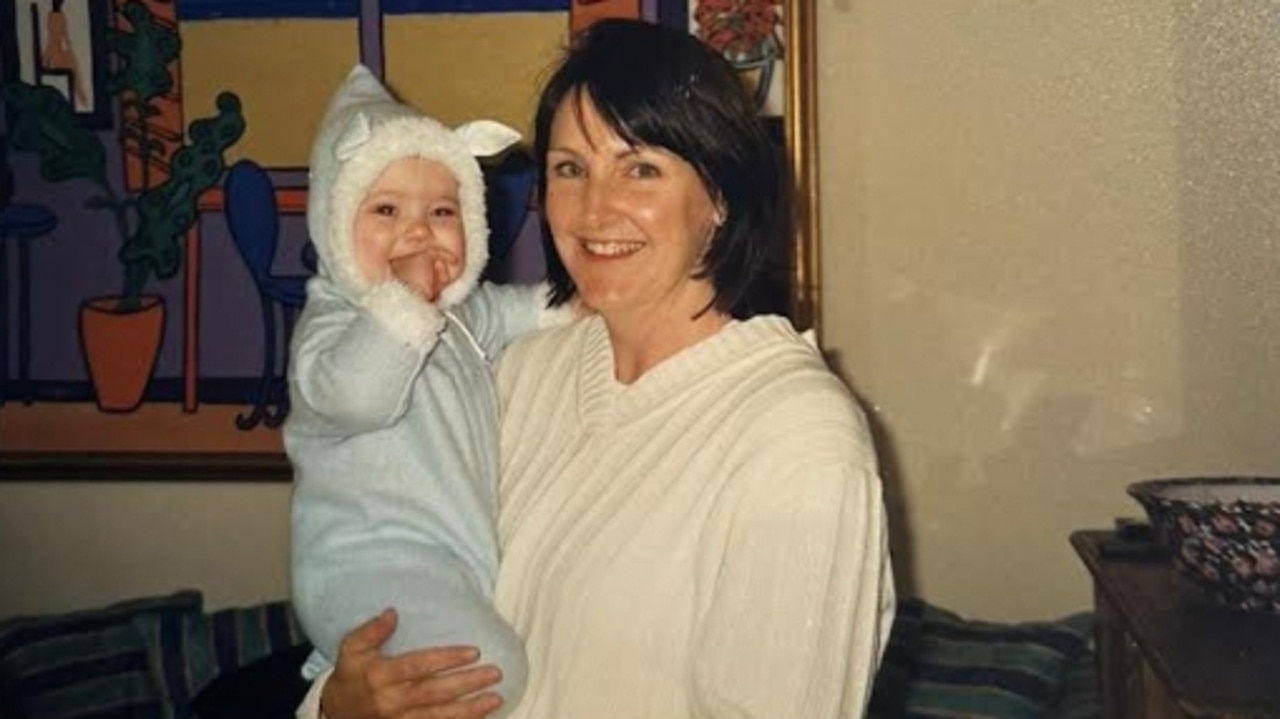
On day one of what was marked down as a three to four week trial, Sarah was at home, having been instructed that she was not needed.
“I’d just had a valium … I hadn’t slept the night before,” she says.
Suddenly the phone rang. Sarah was needed at court in 15 minutes. She was expected to give evidence. She wasn’t dressed and hadn’t run a comb through her hair.
“I remember almost being pushed out of the car at the bottom of the steps that lead up to the Downing Centre … I hadn’t had any time to collect myself …. I was shaking, and crying, I just crumpled,” she says.
“The worst minute of my life was catching Sarah as she fell into the gutter and we had to pull her up the stairs,” says Julie.
“She was pitched into the courtroom and the doors shut behind her.”
Evidence in chief lasted around two hours, with many details left out. Cross examination, by contrast, ran over four days. On day three, a jury member spoke up to say they had been unable to see Sarah the whole time during her evidence. Another jury member then fell asleep.
Alarmingly, key Crown witnesses listed were never called, and one even turned home on their way in. Sarah’s dad had prepared a 38 page statement but was never called.
But then a surprise guest made an unexpected appearance.
A young man had been flown from London. He testified to being at the house when the alleged rape occurred. He had never given a statement to police prior, and had never appeared on any witness list seen by the Rosenbergs.
He claimed he’d been at the house on the night in question and had heard no unusual noises.
“Everything that we had been warned against, just happened,” says Julie.
“The whole of it is like watching your daughter being raped …. but this time with your hands tied behind your back and your eyes glued open.
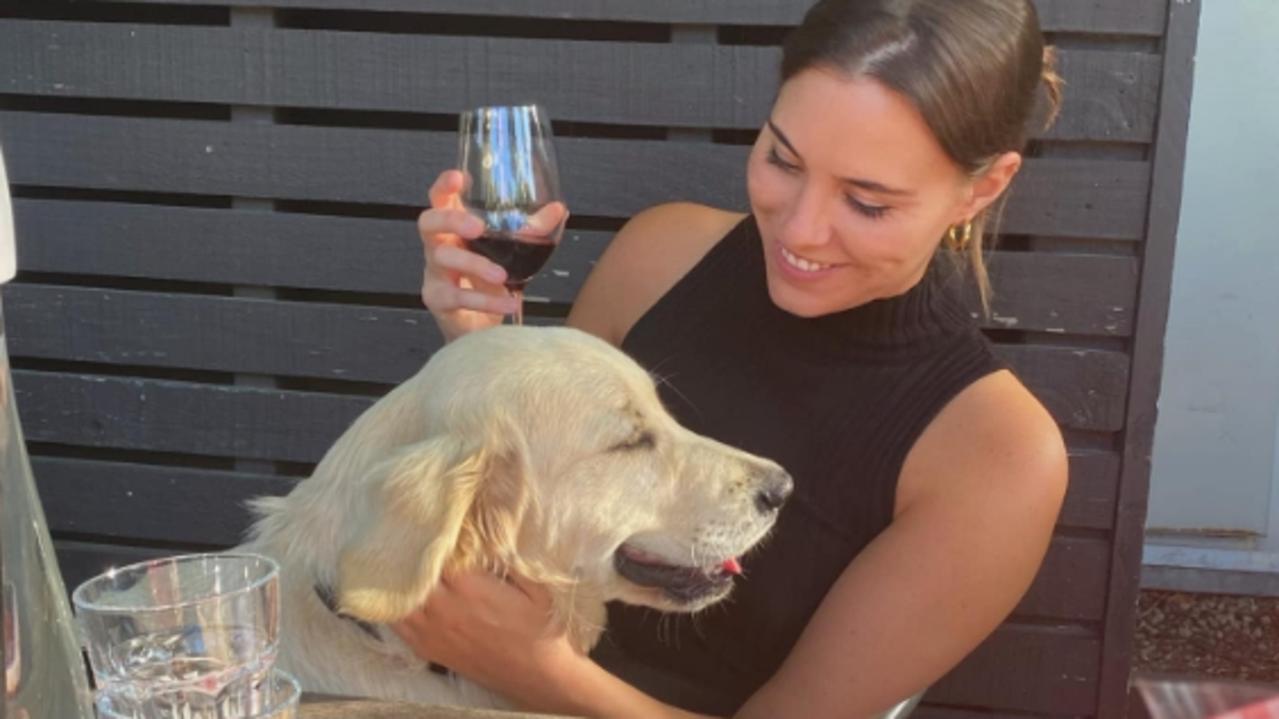
“It is the most disempowering thing you can possibly go through.
“As a lawyer, I am still coming to terms with it. It is so disappointing. It is so embarrassing. You know, not many people love being a lawyer. I used to love being a lawyer. I really did. And whilst it doesn’t always get it right, it really tries.
“I no longer believe that.”
The scheduled month-long trial had ended after only seven days.
You get what you pay for
Sarah and Julie were not in the courtroom when the verdict was read out. They already knew the result.
“The verdict was not guilty on all six counts and it had to be,” says Sarah.
“The jury had nowhere to go. It would have been completely inappropriate to find him guilty even on one count given how the trial had played out.”
As those words ‘not guilty’ were read out, Sarah and Julie were in a meeting across town raising a complaint with the Deputy Director of the DPP.
“You get what you pay for, and we didn’t pay anything … if we’d been able to we would have liked to bring in additional counsel [at our own expense] to help the process,” says Julie.
“What I wanted was for Sarah to actually feel like she had been heard and listened to and for someone to weigh up the evidence, which is what is supposed to happen.”
However, most of the evidence was never seen by the jury.
“We were told it had all suddenly been deemed inadmissable,” says Sarah.
But an independent review of that material conducted later by barrister Dr Adam Booker of Sir Owen Dixon Chambers discovered the material was admissible.
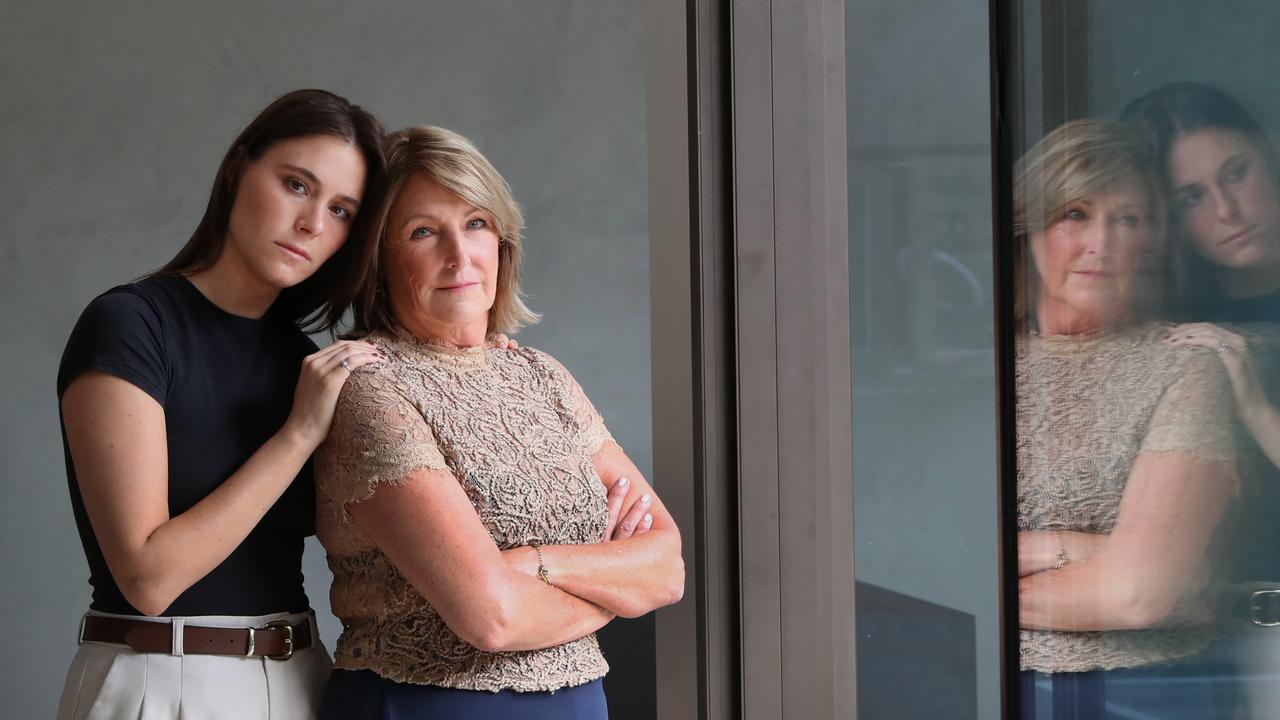
This matter is now the subject of a complaint to the Bar Association, which has agreed to investigate on eight separate grounds.
What makes this case so perplexing is the sheer volume of evidence gathered, but never introduced at trial.
Because Sarah’s family took the unusual approach of attempting to help the accused access therapy, they inadvertently produced an abundance of contemporaneous evidence in the process.
There were the back and forth texts between Sarah’s parents and Joshua. The ‘speaking notes’ Sarah’s father had typed up before a meeting with Joshua’s parents, attended by an independent witness. Emails sent between Sarah and her therapist.
In many sexual assault investigations, police struggle to find examples of who – if anyone – the alleged victim told.
Here, there was no question that Sarah disclosed early and often.
But the jury would never learn much of that. Whole chunks of the chronology were deemed inadmissable by the prosecution with no explanation.
It left the jury with a disjointed, confusing narrative which didn’t add up.
And for Sarah and her family, it left them with lingering questions about the process, the DPP and justice.
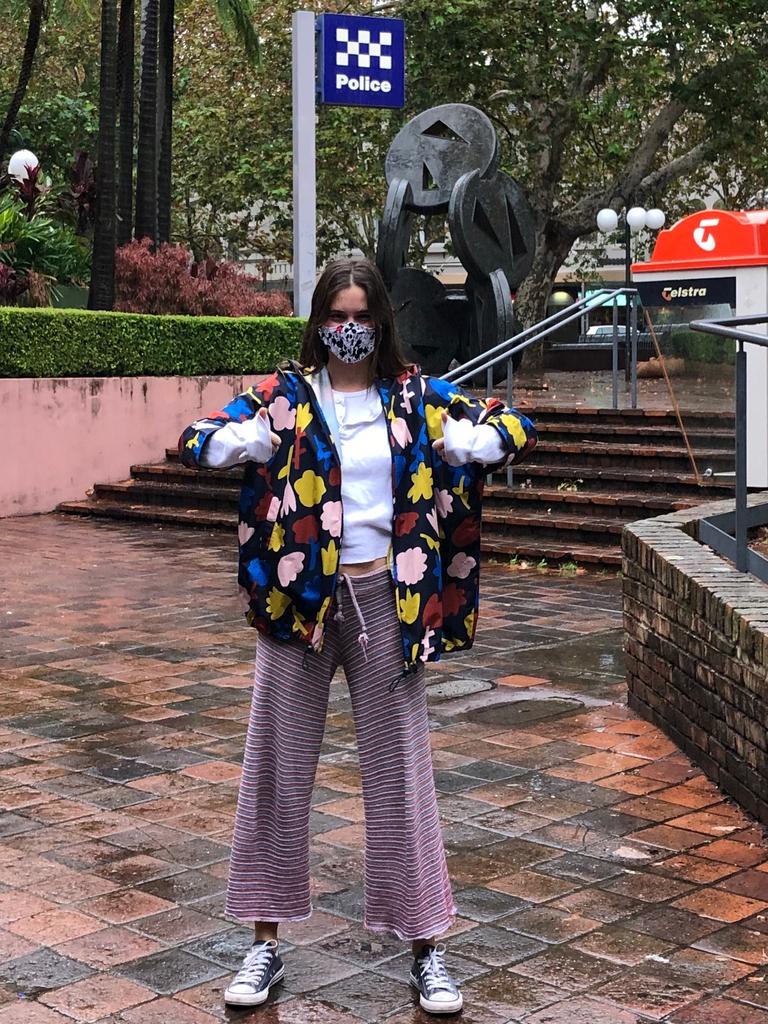

“I mean, we as a family are over-resourced,” says Julie.
“We’ve got a lawyer. We’ve got a doctor that managed to keep Sarah together, in one piece. We speak the language. We were born in the country, we have a million different pluses on our side. And yet the process was like wading through wet cement or crawling over cut glass.
“How hard does it have to be?”
In recent months, Sally Dowling, the NSW Director of Public Prosecutions, has made headlines following criticism by a group of NSW judges for running rape cases the DPP supposedly don’t have a chance of winning.
But Dr Rachael Burgin, senior lecturer at Swinburne Law School, says that Sarah’s case demonstrates something very different.
“This case was winnable – the defence even offered to plead guilty to two counts, which shows they themselves thought those points were winnable for the DPP,” says Dr Burgin.
“But that didn’t happen, clearly something has gone very, very wrong here.
“I think Sarah and her family deserve answers. They deserve a thorough investigation into what happened and why.”
With you we can make a difference
As for Sarah, she is now using her experience to help others.
“During the process, no one could give me clear, honest or nuanced information about how to proceed through the justice system,” she says.
“So I decided to convert the notes I’d taken into a guide to help others. I pulled together advocates, experts and frontline services to create a resource that demystifies the police and legal processes for victims of sexual violence.”
The resource is called With You We Can.
Sarah is also now lobbying for the introduction of Independent Legal Representation for sexual assault complainants and has been instrumental in prompting pilots around the country.
“I am so proud of her,” says Julie.
“She came out as a really small, puny baby …. but she is fierce and intelligent and so brave. I kind of always knew she was destined to do something really valuable. And in my book this is the most valuable.
More Coverage
“She’s turned something horrific into something that will help someone.”
*Joshua is a pseudonym
Nina Funnell is Walkley Award winning journalist and the creator of the Take the Stand campaign run in exclusive partnership with news.com.au. Contact: ninafunnell@gmail.com
Read related topics:Take The Stand






